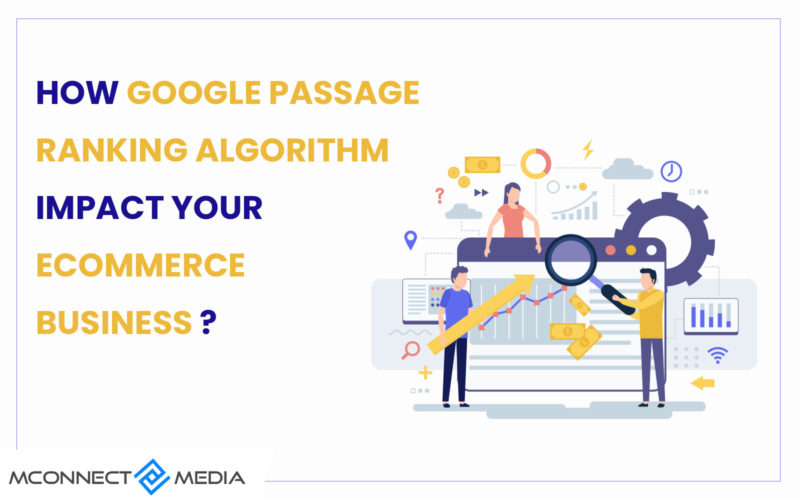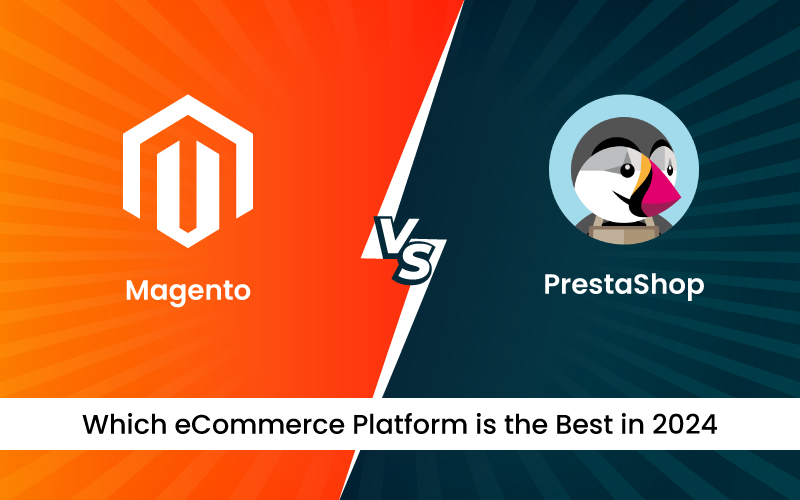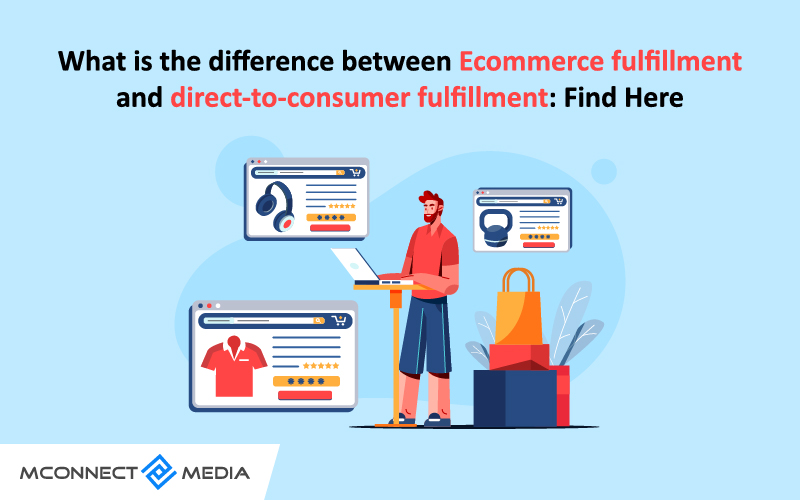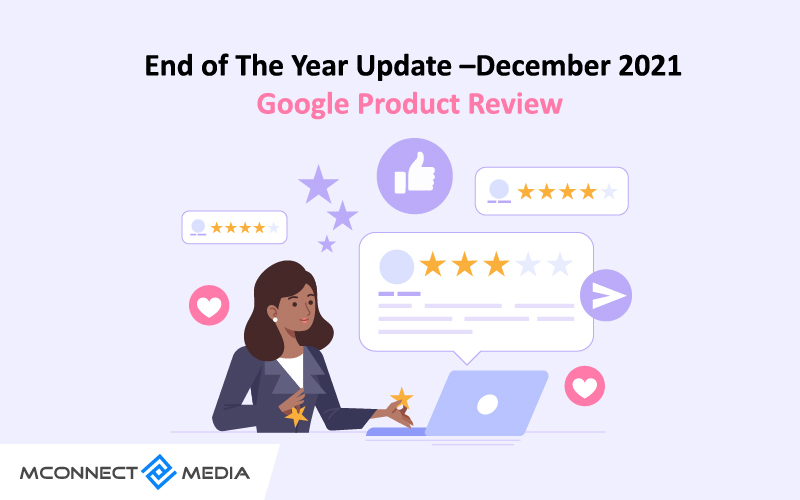Google is always in the mood for improvement to enhance user experience, and near the end of October, Google made new announcements for several big changes that it had introduced into its search engine. They included the Search algorithm’s use of language processing, subtopics, and its new passage feature.
We always see and think of Google for ranking signals rather than its platform to do more than just ranking signals. So, if you have heard about passage indexing, there is a good chance you have questions.
You might be thinking about what passage indexing is? and lots of other questions like how it can help your website traffic and consider as a ranking factor and many others. So, here we came up with answers to clarify everything you have a concern about passage indexing.
Many people think that it’s an update from Google, then it’s not because it is a small tweak to help the search engine understand the content better and provide the best results to searchers.
There’s no reason to stress about this; you can update your content or spend thousands of dollars to get someone else to update it for you. However, this is not to say that this change doesn’t matter at all. There are SEO implications, which we will discuss, and we will also share a few tips to help you make the most of passage indexing.
What is Google’s Passage Indexing Algorithm?
Google passage indexing is an automated feature used by Google’s algorithm to rank individual passages with a page on search results based on the users’ search query. You might know about the announcement that Google made in 2019 that BERT will impact 10% of English language queries. Now you believe it or not, it impacts more than 99% of search queries.
Passage indexing is the same as Google crawlers that start to understand the relevancy of specific passages within your content, and that’s how it has a ripple effect on search engine. Though it’s called passage indexing, there’s no major change in the current indexing process of Google. However, the new technology has to do more with ranking.
Let’s look at an example; if you have long-form content written about off-page SEO and you have individual passages about each of the off-page SEO strategies, Google will now rank your sections of the content that matches the search query.
Since its inception, Google has been moving toward better relevancy and context in the search results. As a result, you can now see that the two core ranking factors, content and links, are valuable only when supplemented with relevancy.
With passage indexing, Google can pull out sections of your content and rank it independently of the rest of the page. Notice how google bolds certain words it deems relevant to the search. It’s looking for keywords that show the content is likely to be useful for a specific query.
It is also called passage ranking because it’s a ranking change rather than an indexing change to see terms used interchangeably.
How does the Google Passages algorithm work?
Some are defining this as an indexing update, but it’s a ranking change. We have discussed why above and this update doesn’t change the way pages are indexed, but the algorithm may rank pages differently if it thinks passages of the page are more relevant to search than the page as a whole.
Even Google originally referred to it as passage indexing; it doesn’t change how the search engine does indexing. So, for example, Google still indexed the full page; otherwise, search engine results pages could be filled with multiple content blocks from just one page.
Rather Google’s passages algorithm works by segmenting the snippet of text it thinks is most relevant then ranks the whole page based on that.
The whole system is different from Google’s existing featured snippets because systems define the relevance of any web document via an understanding of a passage in a document we have defined to be relevant to the query.
Google’s passage algorithm goes the other way around by finding and defining the most relevant snippet of text/content and then ranking the page.
Google has also rolled out a few months back the scroll to text feature of search results. This is specifically for rich results snippets as well, where after clicking on the results link, users are taken straight to that specific block of text, which is also highlighted.
Although it is unclear right now, there’s no reason to believe that featured snippets and Google’s passages algorithms can’t work together or function simultaneously for the same results. Similarly, passages don’t replace featured snippets.
What are the Benefits of Passage Indexing?
Now that we have covered what passage indexing is, how it works, and what impact it could have on our SEO, let’s talk about why you should care. But, first, here are the benefits to this change.
When it comes to passage indexing, longer-form content will get a high boost, and this shift will help you rank higher for more specific keywords.
In this change, the algorithm will focus on users rather than Google bots.
Long-tail keywords are the priority than ever, and related terms are likely to help trigger passage indexing.
On-page SEO factors are important, and change is meant to help pages with great content that not be optimized perfectly. Those pages won’t be penalized if they have quality content, but don’t ignore on-page entirely. Sites in highly competitive niches will stand out by having great content and on-page optimization.
How to Optimize Website for Passage Indexing?
Some points need to be taken care of before optimizing for passage indexing. Here, we will discuss those points you should care about to optimize your website for passage indexing. Let’s get started.
Some misconceptions are traveling around the market that rebuilding or revamping a site can be one way. Well, we don’t recommend you to do that; there are a few small tweaks you can make, especially for long-form content:
Make sure you update long-form posts with new stats, links, and resources.
Make use of clear keyword-rich headings for each section to help Google understand all the topics.
If you don’t have long-form content, now is the time.
Don’t confuse Google by incorporating different sections to the main topic. And if you are, then make sure the section is written and optimized for the search terms users would use to find that information.
Try to utilize your time in long-tail keyword research and add those terms in your long-form content.
Ultimately, don’t go blindly to optimize for passage indexing. you should swing too far the other way and end up over-optimizing your site, which can impact your rankings.
Conclusion
We hope by now you have a solid understanding of what passage indexing is, why it matters for your site, and how it could help enhance your Google rankings. We have tried to include all the things related to this new change or update.
Want to learn more about Google’s algorithm and SEO? M-connect Media can help you as we have an in-house team of SEO professionals and digital marketers. Let us help you by working on your site for a better user experience and ranking. Dial us for more information.















